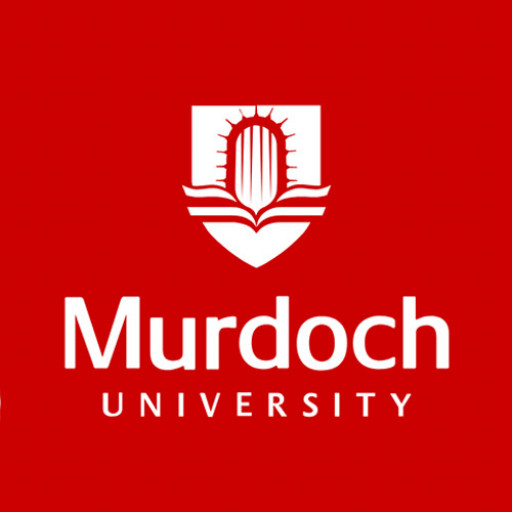Photos of university / #sunderlanduni
This is an intensive course that trains you to think, write and research like a journalist; previous study of journalism is not a requirement. You will learn how to write previews, match reports and sports features, and you will also cover media ethics and law, reporting and shorthand. In the final stage of the course you will undertake a dissertation or practical project, such as a sports journalism website or a series of in-depth articles.
We encourage you to publish your work and build up your portfolio. Opportunities for publication include SportsByte, our student-run website covering sport across Sunderland, and our live coverage of transfer deadline day.
An important benefit of a Masters at Sunderland is the relevance of our research expertise, which includes sports and magazine journalism as well as web writing and social media. Sunderland hosts the Centre for Research in Media and Cultural Studies (CRMCS) and our Media Department has been recognised for producing some world-leading and internationally excellent research.
*Note: the Journalism and PR MA programmes begin in September.
The Journalism Diversity Fund is aimed at people from diverse backgrounds who need help funding their journalism training.
Candidates must be from a socially or ethnically diverse background,
be able to demonstrate genuine commitment to becoming a successful
journalist and have secured a place on an NCTJ-accredited course.
Modules on this course include:Sports Journalism 1 (60 Credits) * Sports Journalism: Principles and Practice 1
* Essential Media Law
* Essential Public Affairs
* Shorthand
Sports Journalism 2 (60 Credits) * Sports Journalism: Principles and Practice 2
* Reporting
* Media Ethics and Society
* Shorthand
Sports Journalism 3 (60 Credits)You will complete a supervised dissertation on a topic of your choice, or you will complete a practical project which can be either a series of articles, a magazine, a newspaper or a website. As the culmination of the course, it will build on all the skills and knowledge that you have gained in the previous stages.
We will consider applicants with professional and vocational experience.If you are suitably qualified, we will invite you to an interview to assess whether this is the right course for you.We may ask you to undertake a short course that covers essential skills and knowledge, before you join the main Masters course.If you have already covered one or more of the topics covered by the course, and would like to apply for accreditation of prior learning (APL), please contact the course leader.*Note: the Journalism and PR MA programmes begin in September. English Language Requirements IELTS band: 7 IMPORTANT NOTE: Since April 2014 the ETS tests (including TOEFL and TOEIC) are no longer accepted for Tier 4 visa applications to the United Kingdom. The university might still accept these tests to admit you to the university, but if you require a Tier 4 visa to enter the UK and begin your degree programme, these tests will not be sufficient to obtain your Visa. The IELTS test is most widely accepted by universities and is also accepted for Tier 4 visas to the UK- learn more.
Want to improve your English level for admission?
Prepare for the program requirements with English Online by the British Council.
- ✔️ Flexible study schedule
- ✔️ Experienced teachers
- ✔️ Certificate upon completion
📘 Recommended for students with an IELTS level of 6.0 or below.
Scholarships on offer include cash bursaries, reduced tuition fees, free accommodation and free public transport.
Accreditation
This Masters is one of the few postgraduate degrees in the UK to be accredited by the National Council for the Training of Journalists (NCTJ). The combination of an MA and NCTJ Diploma will significantly boost your employability as a sports journalist. This course is ranked 6th out of the 17 UK NCTJ postgraduate courses by performance.









